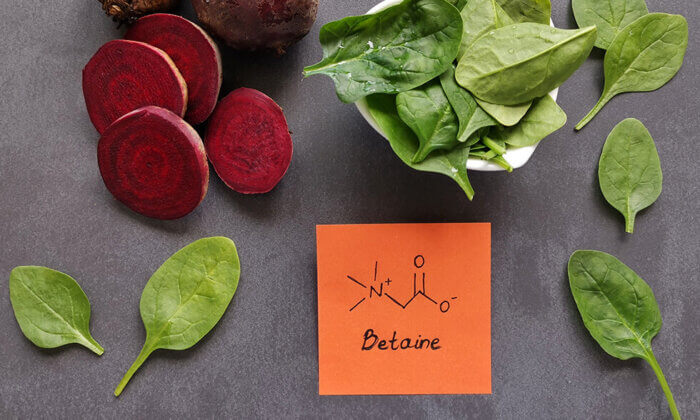Flurona: Update Your 2022 Flu Season Preparedness
| | Reading Time: 3 minutes

Stay vigilant because of combination infection by the flu and SARS-CoV-2, which health experts call Flurona. It’s hard enough keeping up with the latest pandemic twists and turns. We also must deal with seasonal influenza outbreaks.
I’ve written extensively on surviving pandemic influenza in my books Viral Immunity and Beating the Flu. Many immune-supportive protocols apply to COVID-19 infection, like taking zinc and selenium. Though it appears that the pandemic is winding down, don’t count on it just yet. Continue your entire course of immune-supportive supplements through the winter and early spring.
Flurona is a hybrid term for coronavirus and influenza coinfection. Some of my patients had this last year, and a few had triple infections with influenza A and B, plus SARS-CoV-2. Symptoms vary from a mild cold to more severe respiratory complaints like difficulty breathing and coughing. Vaccinated people report milder symptoms.
Flurona Symptoms
- Fever
- Coughing
- Fatigue
- Shortness of breath
- Muscle and body aches
- Headache
- Runny nose
- Sore throat
- Loss of taste or smell
- Diarrhea
You can’t tell if you have a combination infection without testing. Get a rapid and PCR COVID-19 test plus an Influenza A and B profile. Home COVID-19 + Flu PCR tests are available but may be in short supply.
There was virtually no flu season last year. And it looked like it might carry over to this year too. However, the late winter 2022 influenza season is just starting. We’re right in the middle of peak influenza season from January through March. Overall, influenza activity is greater than last year. There is a steady rise in cases with Influenza A variant H3N2 dominating. My beating the flu advice for 2020-2021 still applies.
I’m not a proponent of flu shots because their overall effectiveness is low. Last year’s influenza season’s vaccine effectiveness against Influenza A (H1N1) was estimated at 41% and only 7% against new variants. That’s dismal. According to the CDC, the composition of flu vaccines was updated, but there are no statistics on efficacy.
Supplement recomendations
Those taking my recommended supplements are following best practices. And if you haven’t yet, add beta-glucan to your infection prevention protocol. If you already take beta-glucan, increase the daily dosage.
Beta-glucan studies find immune benefits, including antiviral effects. Although influenza research results are mixed, many studies found favorable effects against influenza. Most of these studies have been on animals to protect commercial livestock from infection. However, a double-blind, randomized, placebo-controlled—the “gold standard” for clinical trials—found (1,3)-(1,6) beta-glucan effective against the common cold. My clinical experience confirms taking beta-glucan helps prevent colds and flu, and shortness recovery time.
Though edible mushrooms and nutritional yeast contain beta-glucans, you need more to actively prevent viral infection and speed recovery if you get sick.
I recommended Beta 1,3/1,6 D-Glucan 70% 500 mg, once daily for preventive maintenance. However, during peak flu season, increase to one three times daily/ And if flu activity increases, take two capsules three times daily.
Priority One and other professional-quality supplements are available on Wellevate and Fullscript. Get enough to last three months per person. Order direct without a prescription.


